Understanding the Role of Automotive Coolant Radiator Hose in Engine Thermal Management
In modern automotive engineering, efficient thermal management is essential for maintaining engine performance and longevity. One of the lots of important yet often overlooked components in this process is the Automotive Coolant Radiator Hose. This essential hose plays a significant role in directing coolant between the engine and the radiator, helping to maintain a stable operating temperature under various driving conditions.
.jpg)
The Automotive Coolant Radiator Hose is designed to handle the flow of coolant under pressure and high temperatures. Typically made of durable rubber or silicone-based materials, this hose connects the engine to the radiator and ensures that heated coolant is transported efficiently to be cooled before returning to the engine. Without the consistent performance of this hose, the engine would be at risk of overheating, which can cause long-term damage or failure.
In conjunction with the radiator hose, the Fuel Line Coolant Hose contributes to a vehicle’s comprehensive thermal control. While the radiator hose manages engine temperature, the Fuel Line Coolant Hose is used to regulate the temperature of the fuel as it travels to the engine. Maintaining an appropriate fuel temperature helps ensure consistent combustion and less risk of vapor lock, especially in warmer climates or during high-performance driving.
Both the Automotive Coolant Radiator Hose and the Fuel Line Coolant Hose must be manufactured with precision and tested for durability. These hoses are subject to constant pressure changes and temperature fluctuations, making material quality and construction integrity crucial. A compromised hose can result in coolant or fuel leakage, which not only reduces performance but also poses safety risks.
Regular maintenance and timely replacement of the Automotive Coolant Radiator Hose are vital to avoid unexpected breakdowns. Signs of wear, such as cracks, bulges, or soft spots, should not be ignored. Similarly, the Fuel Line Coolant Hose requires inspection to prevent potential fuel system issues. Any degradation in the hose material can affect its ability to maintain fuel temperature and pressure balance.
Another important factor to consider is the compatibility of hose dimensions with vehicle specifications. The Automotive Coolant Radiator Hose must fit tightly with the radiator and engine ports to ensure a leak-free seal. The same applies to the Fuel Line Coolant Hose, which must be carefully sized and routed to avoid contact with hot engine parts or moving components.
As automotive technologies evolve, so do the demands on engine and fuel systems. Manufacturers continue to develop hoses that can withstand higher temperatures and more aggressive coolants. The Automotive Coolant Radiator Hose must now perform consistently in a wide range of environmental conditions, from tough cold to high heat. Likewise, the Fuel Line Coolant Hose must adapt to new fuel compositions, including ethanol blends and biofuels, which may be more corrosive than traditional fuels.
The role of the Automotive Coolant Radiator Hose in thermal management cannot be overstated. It ensures that the engine maintains a safe temperature, improving reliability and efficiency. The Fuel Line Coolant Hose, although less visible, plays an equally important role in supporting engine performance by stabilizing fuel temperature. Together, these components are essential to vehicle operation and deserve careful attention in both design and maintenance.

 English
English
 Español
Español


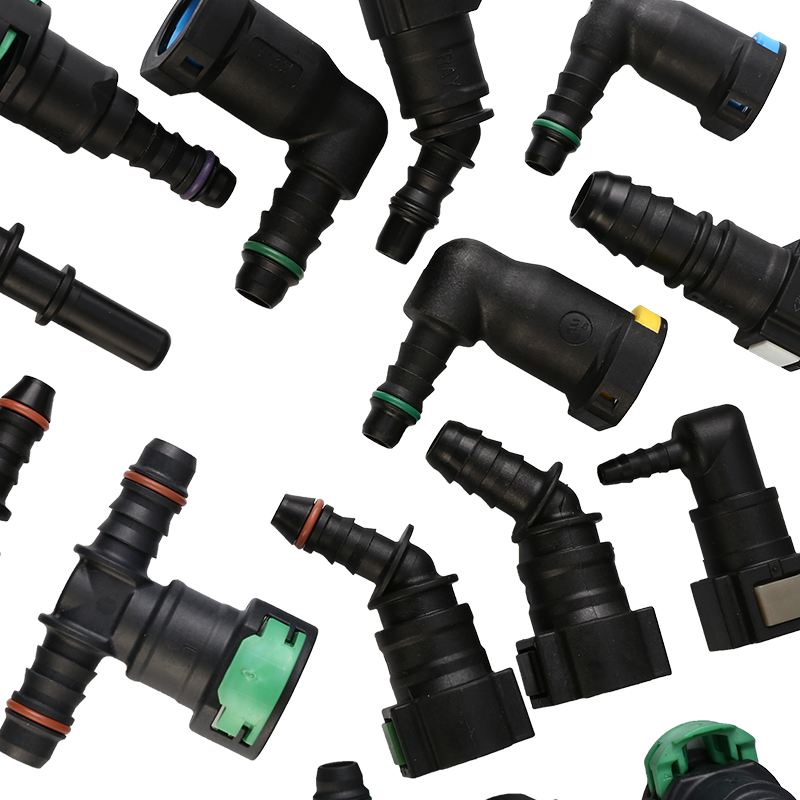

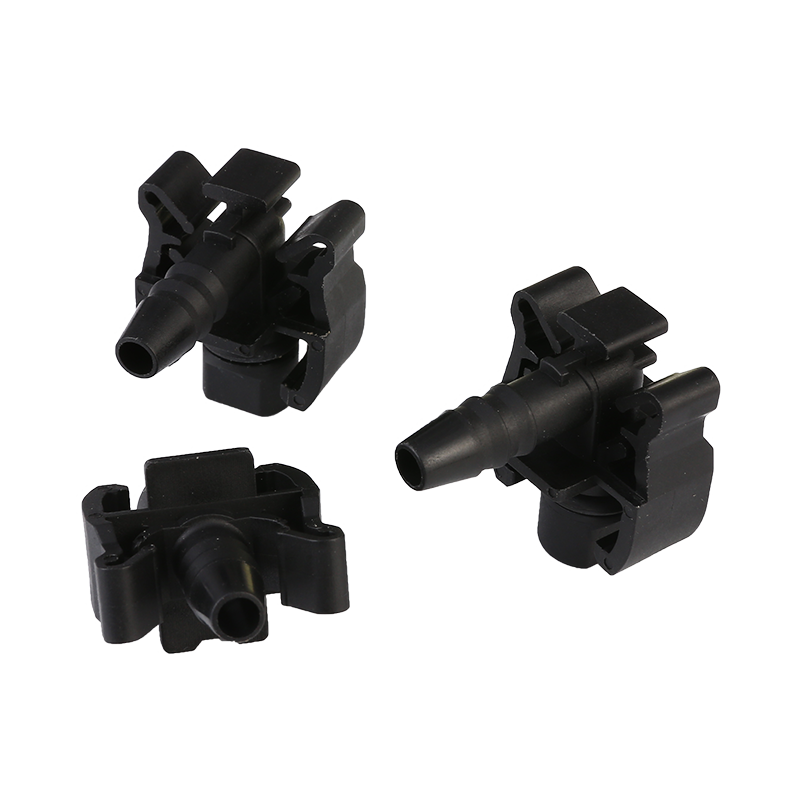
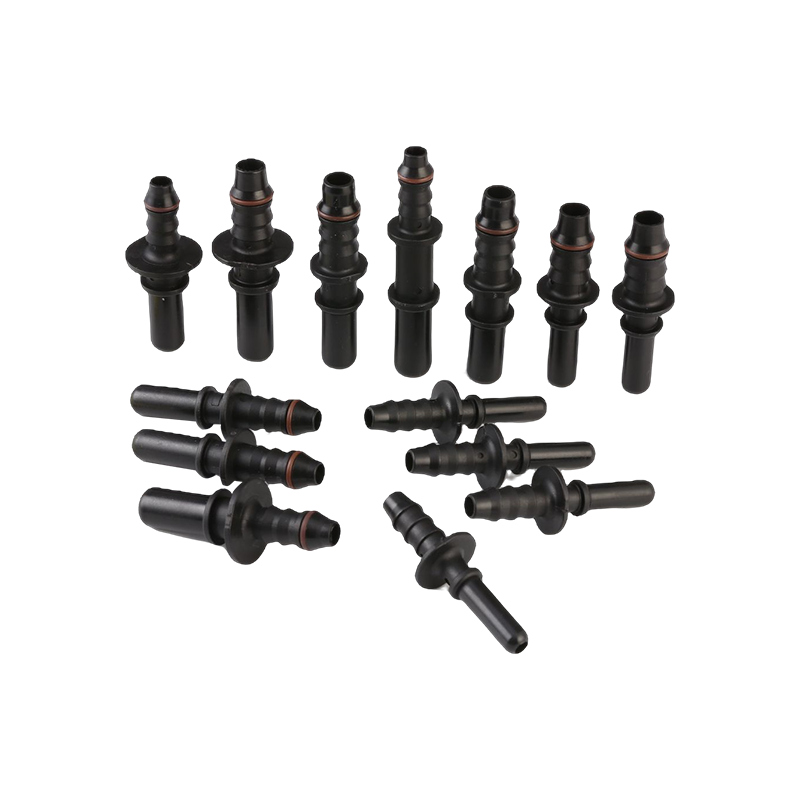
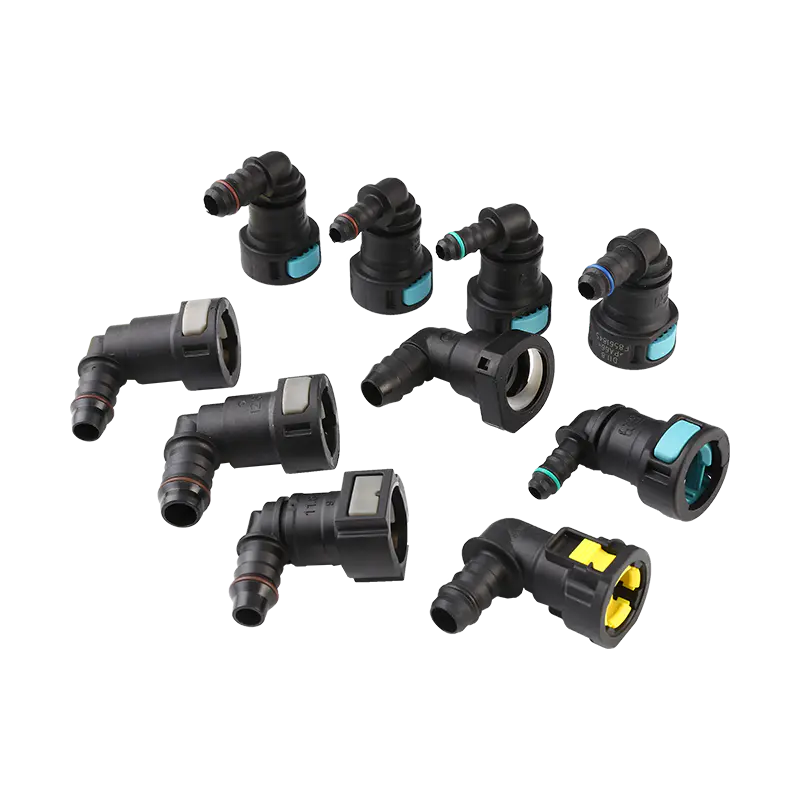
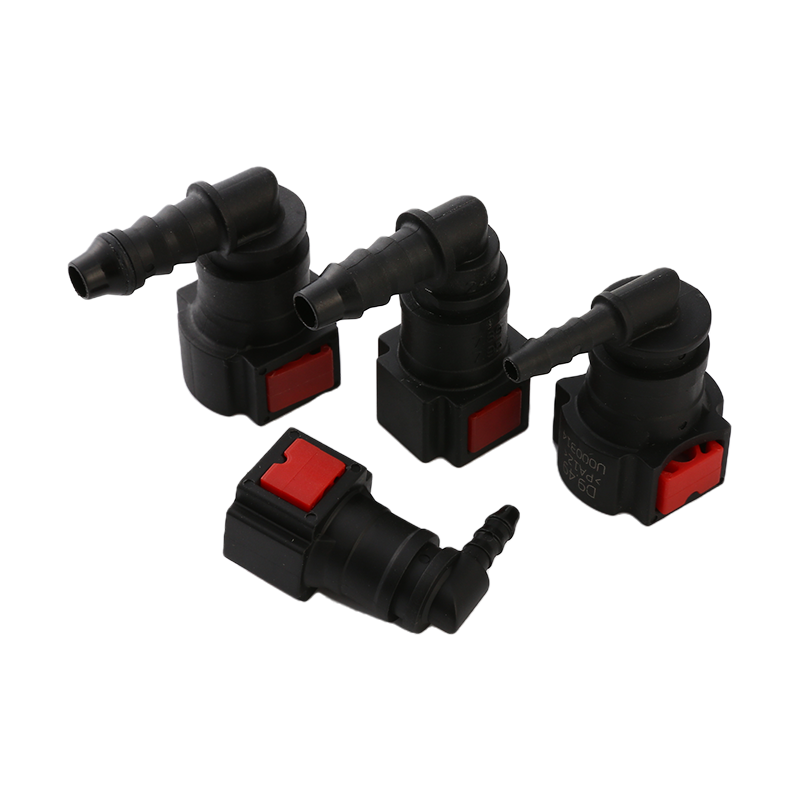
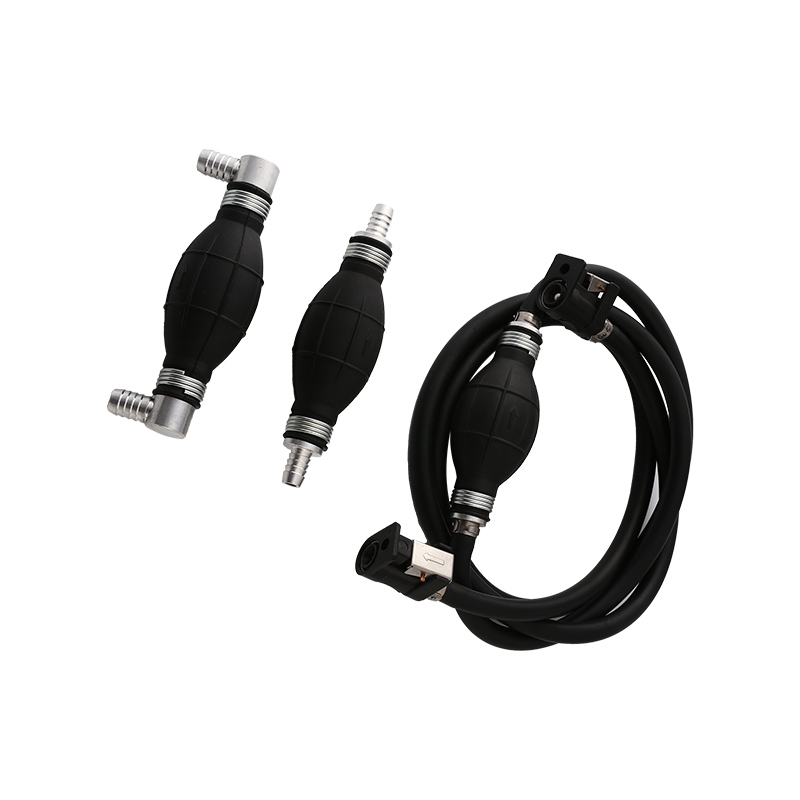
.png)




